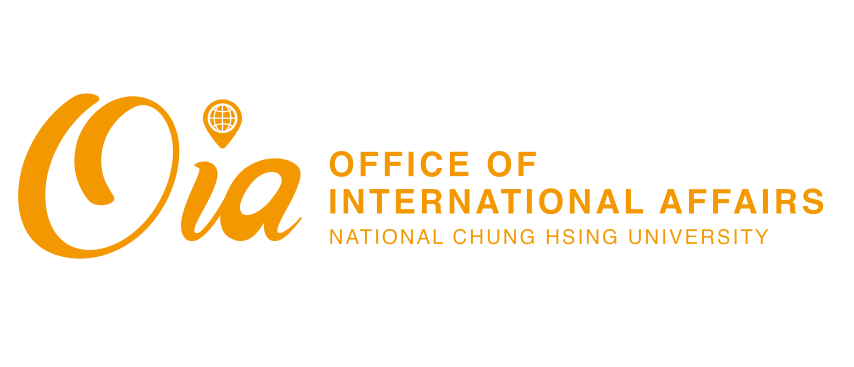【OIA】NCHU Expands Bilateral Cooperation with India: "4+2" Key Strengths Create New Opportunities
Source: Office of International Affairs (OIA)
National Chung Hsing University (NCHU), implementing the Ministry of Education's "New Southbound Policy Program for Strengthening Cooperation and Exchanges with ASEAN and South Asian Countries," conducted a higher education bilateral cooperation mission to India from March 30 to April 5, 2025. The delegation, led by the Office of International Affairs and accompanied by faculty representatives from the College of Engineering, College of Life Sciences, and an Indian postdoctoral researcher from the College of Science, visited major academic institutions in New Delhi, Chandigarh, Rupnagar (formerly Ropar), and Solan to actively promote academic collaboration and international exchange between faculty and students.
The delegation visited the Education and Science Divisions of the Taipei Economic and Cultural Center (TECC) in India, as well as major higher education institutions including the Indian Institute of Technology Delhi (IIT-Delhi), Indian Institute of Technology Ropar (IIT-Ropar), Shoolini University, and Chitkara University. The visit focused on Punjab and surrounding areas, which are among India's top sources of international students and host several Taiwan Education Centers, showing high potential for future collaborations.
The delegation met with university Vice-Chancellors, Pro Vice-Chancellors, and Directors of International Relations at each institution and held discussions with college deans, faculty members, and students. Associate Vice President for International Affairs Dr. Kai-Jung Chi introduced NCHU’s academic strengths and collaboration framework. Dr. Reiyu Chein, Head of the Department of Mechanical Engineering; Dr. Yen-Wei Chu, Director of the Graduate Institute of Genomics and Bioinformatics; and Dr. Chandrasekar Sivakumar, a postdoctoral researcher from the Department of Physics, each presented their respective academic fields and discussed possible collaboration models in student and faculty exchanges, research cooperation, and dual degree programs.
Each partner institution has distinct features and development directions: IIT-Delhi is India’s top science and technology university, excelling in engineering, sciences, and artificial intelligence; IIT-Ropar is strong in AI, renewable energy, and biomedical engineering, and hosts the Taiwan-India Joint Research Center on Artificial Intelligence; Chitkara University actively promotes internationalization and enjoys solid reputations in academic, political, and business circles; Shoolini University excels in agri-food biotechnology and management sciences and is committed to building a sustainable campus and fulfilling university social responsibility.
During the meetings, all institutions expressed strong interest in sending students to NCHU for short-term exchanges or internships and facilitating faculty collaboration in teaching and research. They also showed interest in establishing dual degree programs aligned with the Indian educational system, particularly the 3+1+1 model. Collaboration fields encompass NCHU's four major strengths: "Agricultural and Food Biotechnology," "Smart Manufacturing," "Healthcare," and "Green Energy and Carbon Reduction," as well as Taiwan's unique advantages in "Semiconductor Technology" and "Chinese Language Learning."
The delegation also held student forums to introduce NCHU's international student programs, including short-term exchanges, internships, degree programs, and scholarship resources. Dr. Chandrasekar Sivakumar from the Department of Physics shared his personal experiences as a student and staff member at NCHU, including insights about the academic research environment and living in Taiwan, which resonated strongly with attendees and demonstrated Indian students' keen interest in studying in Taiwan. Additionally, Indian students showed significant interest in NCHU's International Industry Talent Education Programs (New Programs).
With India's rapid advancement in higher education internationalization, the demand for Taiwan-India bilateral cooperation is increasingly urgent. NCHU's Office of International Affairs will continue to deepen established academic and research collaborations with Indian higher education institutions, attracting outstanding Indian students to study in Taiwan through short-term courses and internships, ultimately encouraging them to work in Taiwan. Furthermore, NCHU will leverage connections and resources from Taiwan Education Centers in India to actively enhance its visibility and international competitiveness in the Indian higher education market.
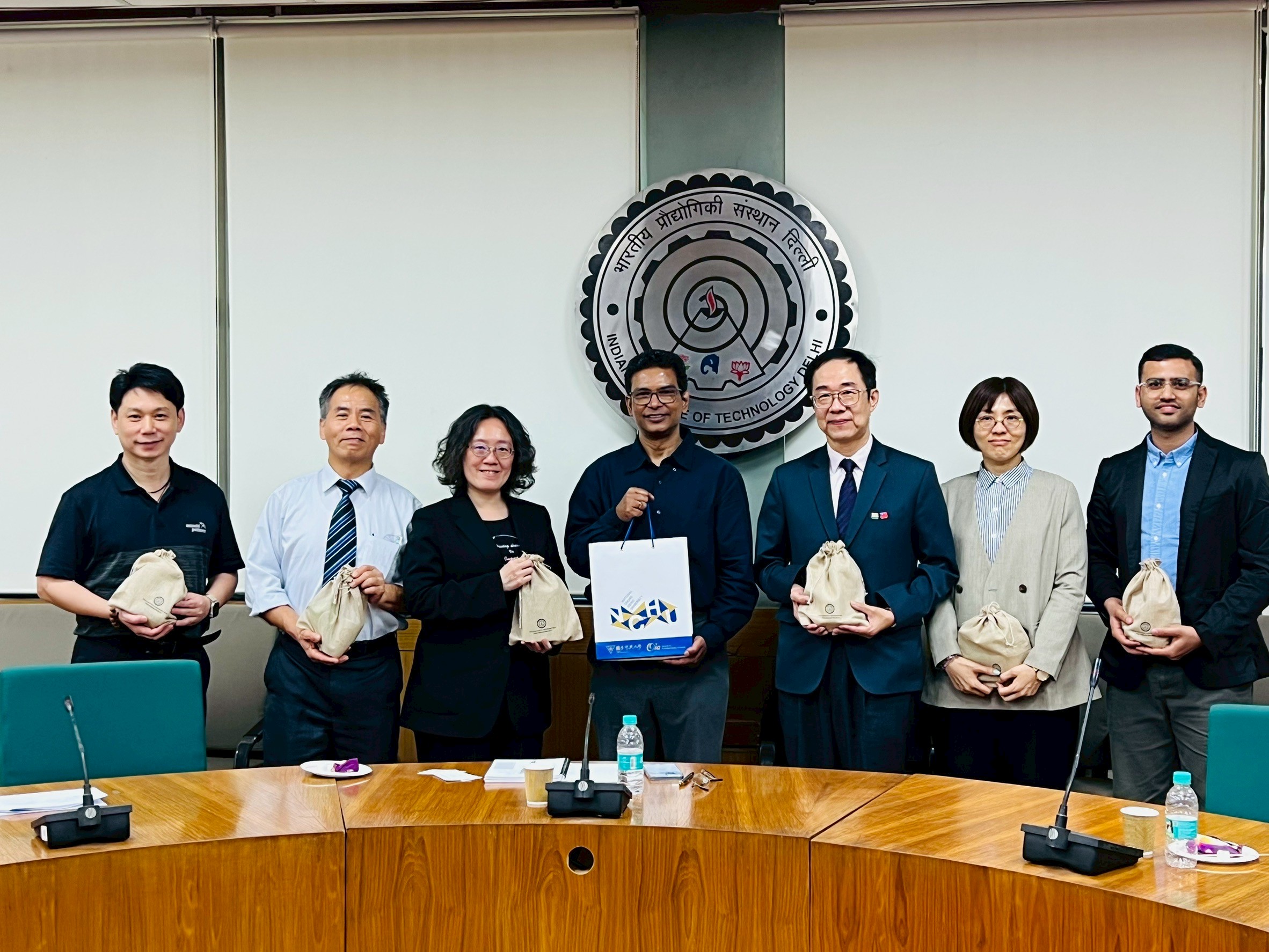
NCHU delegation visited IIT Delhi and discussed with Professor James Gomes, Dean of International Programs (center), Dr. Lung-Jieh Yang, Science and Technology Counsellor and Director of the Science and Technology Division at the TECC India (third from right), and Secretary Ya-Hui Chang of the Science and Technology Division (second from right).

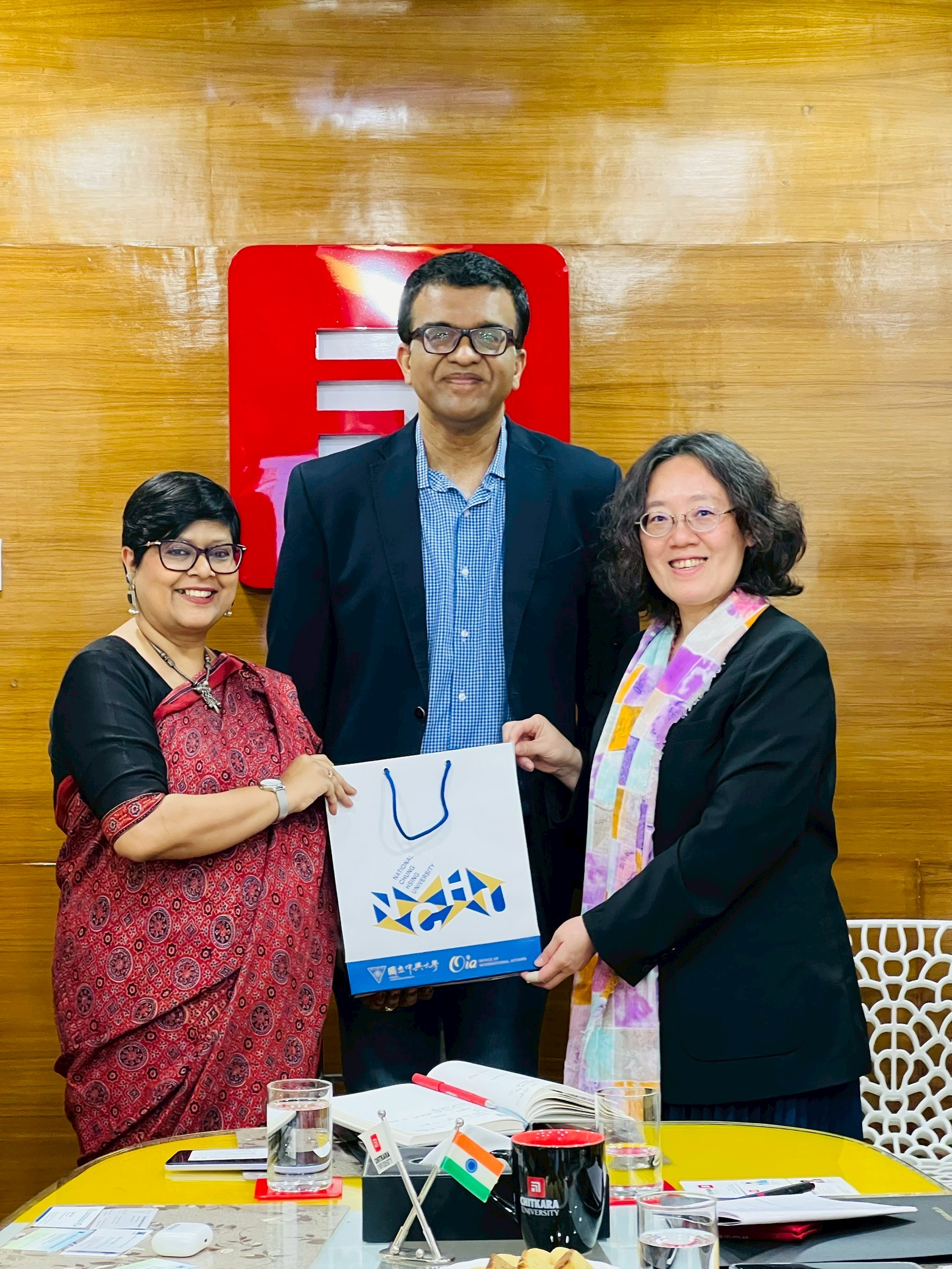
NCHU delegation visited Chitkara University and presented tokens of appreciation to Mr. Vineet Tuli, Pro Vice Chancellor of Global Strategies and Partnerships (center), and Professor Hazel Siromoni, Pro Vice Chancellor of International Affairs (left).
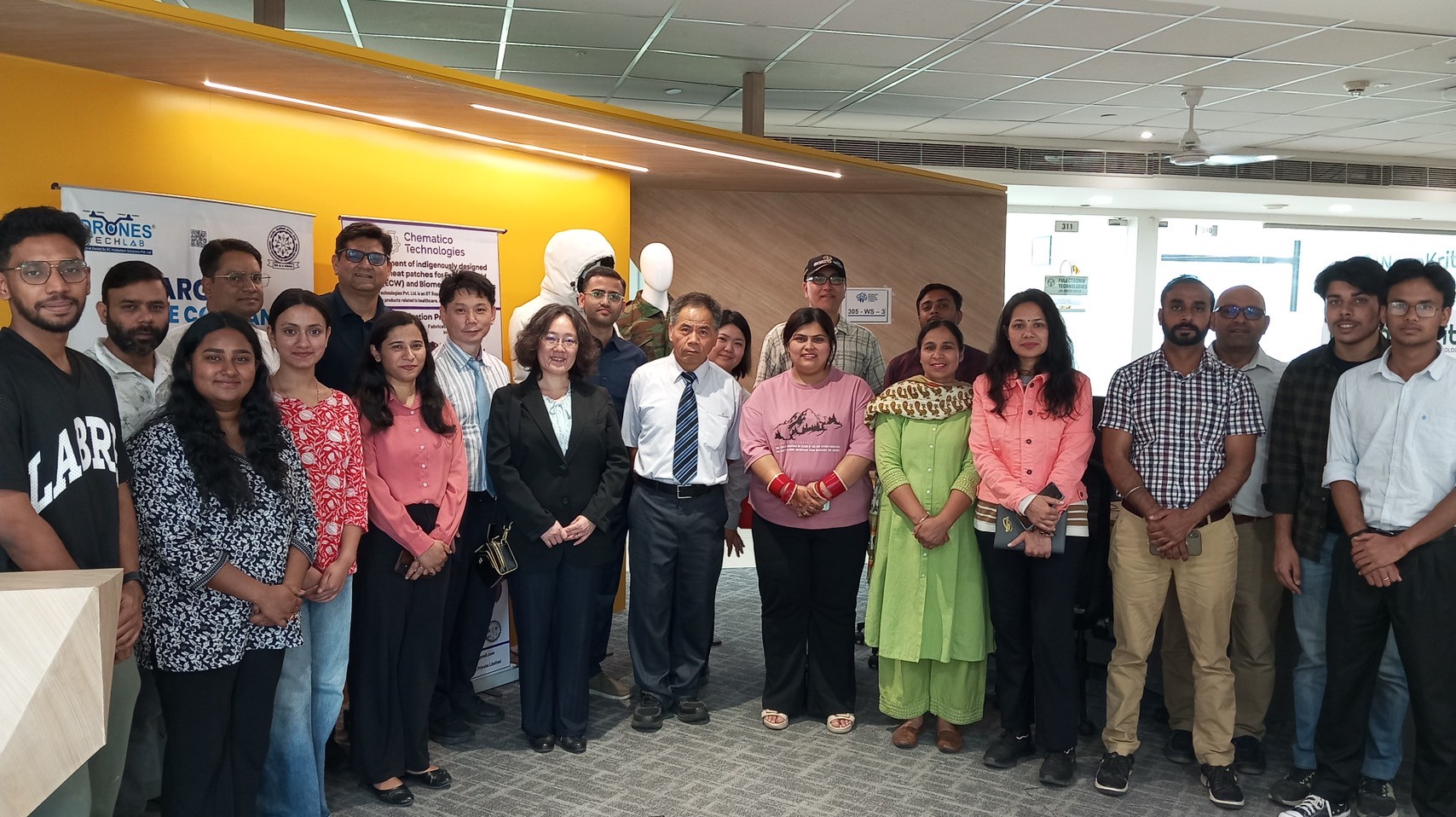
NCHU delegation visited IIT-Ropar’s Technology Business Incubator Foundation (TBIF), accompanied by Mr. Jiafeng Xiao (center of back row), the on-site representative of the Taiwan Education Center. During the visit, they exchanged ideas with the Center's manager Ms. Karuna Kanwar (center of front row), Startup Liaison Officer Ms. Ritika Mahajan (third from left in front row), and several startup teams comprising faculty and students.
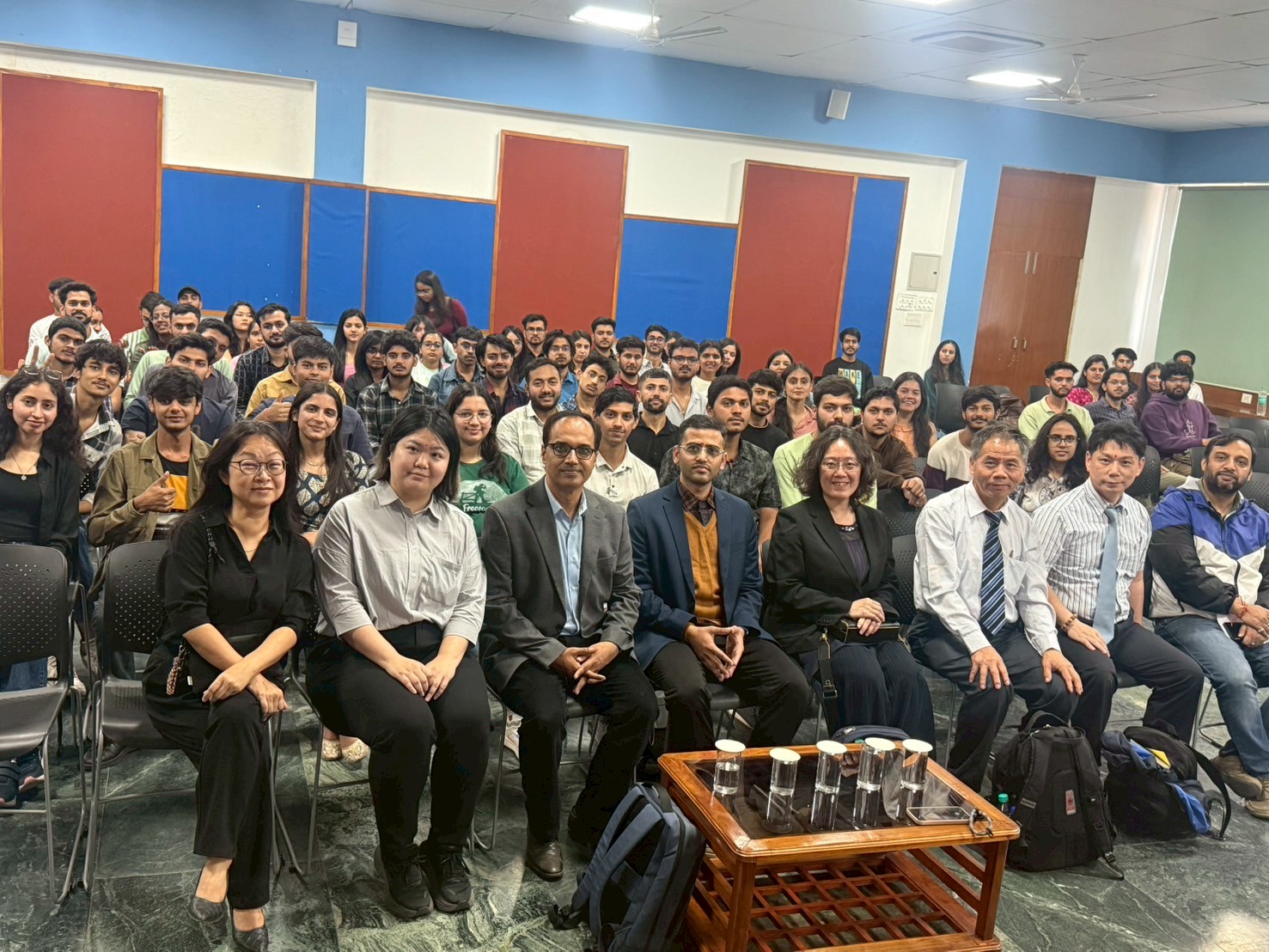
NCHU delegation visited Shoolini University and held an information session with students there, accompanied by Professor Ram Parkash Dwivedi, Director of International Affairs (third from left), and Ms. Jessie Hao, the on-site representative of the Taiwan Education Center (first from left).
